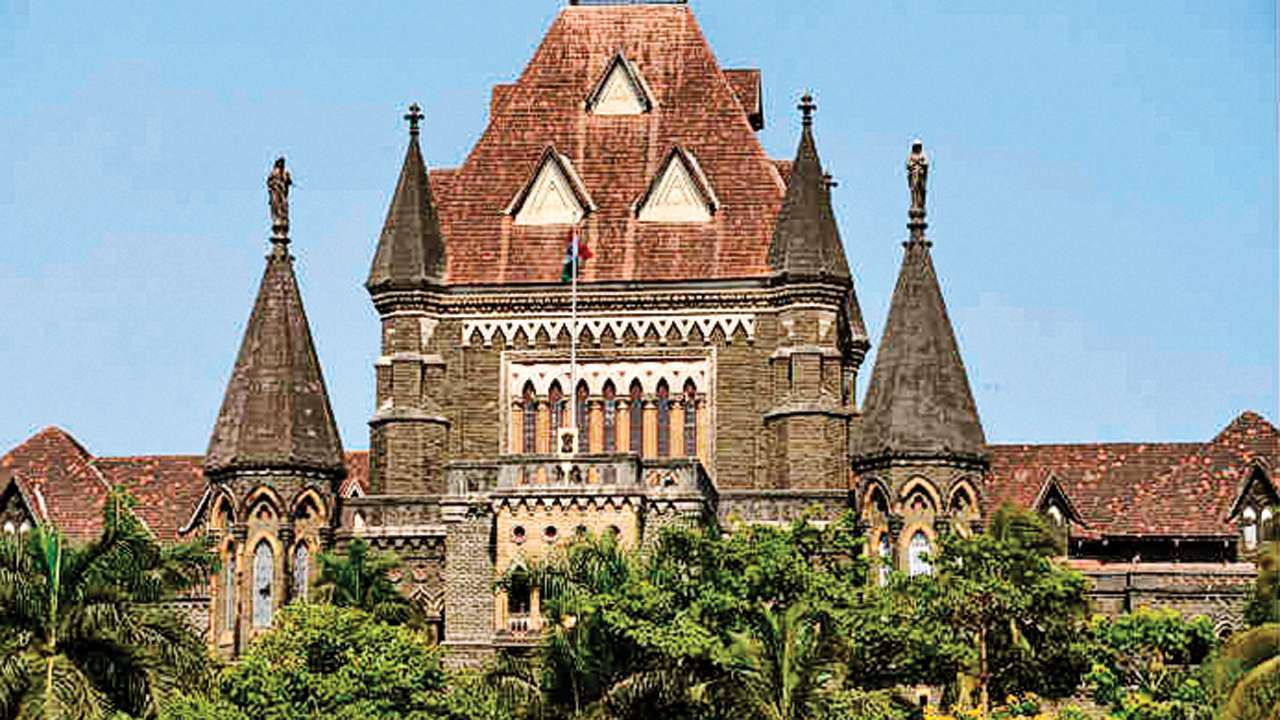
The Bombay High Court has issued specific directions to lower courts, legal services authorities and the Police on legal representation of the child under Protection of Children from Sexual Offences (POCSO) Act. The bench of Chief Justice Dipankar Dutta and Justice GS Kulkarni also stressed upon the entitlement of the child and her family to be made aware of the developments in the case including all the hearings, bail and verdict of the case. The court has issued specific directions to these authorities to ensure strict compliance of the provisions of the Act and its Rules.
The plea
The petitioner, Arjun Malge, a social worker came before the court raising issues in regard to the rights of the children to participate in the trial of offences under the POCSO Act. A concern was raised with regards to implementation and compliance of section 40 of the Act and Rule 4 of the POCSO Rules. Section 40 states that subject to section 301 of CrPC, the family or guardian of the child shall be entitled to the assistance of a legal counsel of their choice for any offence under the Act and if they are unable to afford one, Legal Services Authority shall provide a lawyer to them.
Further the POCSO Rules provide for an obligation interalia on the Special Juvenile Police Unit (SJPU), or the local police to keep the child and child’s parents or guardian to be informed about the developments, including the arrest of the accused, applications filed and other Court proceedings, and the nature of the information to be provided. The petitioner stated that application of these provisions, would ensure a fair representation to the victims of child sexual assault, their families and the public in general. In supporting the contention that these provisions are overlooked and/or not implemented, the petitioner has placed on record orders which are passed by the different Sessions Court, which clearly show that neither the victims or the complainants at any point of time were informed of the proceedings nor any notice was served in compliance of Section 40 read with Rule 4 of the POCSO Act and Rules.
Maharashtra State Commission for Protection of Child Rights, a respondent in the case, concurred with the petitioner that Section 40 of the POCSO Act depicts the statutory mandate that the child is entitled to be legally represented, at all stages of the legal proceedings.
The court’s observations and directions
The court observed that section 40 of the Act confers a right upon a child to take assistance of a legal practitioner. As also, the POCSO Rules entitle the child and the family/guardian to be made aware of filing of applications, the hearings of such applications, status of investigation, availability of victim’s compensation benefits, arrest of a suspected offender, filing of charges, schedule of proceedings, bail/detention of offender, verdict of the trial and the sentence imposed.
The Court issued the following directions to ensure that these provisions are thoroughly complied with and the legislative intent is fulfilled:
Apart from the duty of SJPU to intimate the child’s family under Rule 4, where an application is made before the Court on behalf of the prosecution, it shall be the duty of the office of the public prosecutor to issue notice of hearing of such application to the child’s family/legal counsel along with all relevant documents. Same procedure to be followed when application is made by the accused.
When an application is made on behalf of the prosecution, it shall be the duty of the Police Officer to confirm to the relevant Court that service of such application has been completed
In the event, it has not been possible to serve the child’s family, guardian or legal counsel, it shall be the duty of the SJPU to inform the reasons in writing to the relevant court.
The court shall ascertain service of notice and if the same has not been serviced, Court may make such reasoned order as it deems fit to secure the ends of justice, taking into account any emergent circumstances that warrant dealing with the application
In the event despite issuance of notice, the child’s family, guardian or legal counsel, does not attend the hearing, the Court may proceed further without the presence of such notice, or issue a fresh notice, as the Court may deem fit and proper
When the proceedings under the Act would also relate to an offence against Sections 376(3), 376-AB, 376-DA or 376-DB of the Indian Penal Code, the notice to the victim shall be issued under Section 439(1-A) read with Rule 4(13) and 4(15).
The court directed that the copy of the order be brought to the notice of all the Sessions Judges and Special Court Judges in Maharashtra as also to Director General of Police, the Director of Prosecution and Superintendent of Police of all districts as well as Member Secretary, Maharashtra State Legal Services Authority who shall then forward it to Secretary of each District Legal Services Authority.
The complete order may be read here:
Related:
Bombay HC directs corrective measures for sexual assault survivor
POCSO FIR cannot be quashed if survivor wants to compromise: Delhi HC
Uttar Pradesh: Three men sentenced to death for teenage girl’s rape, murder